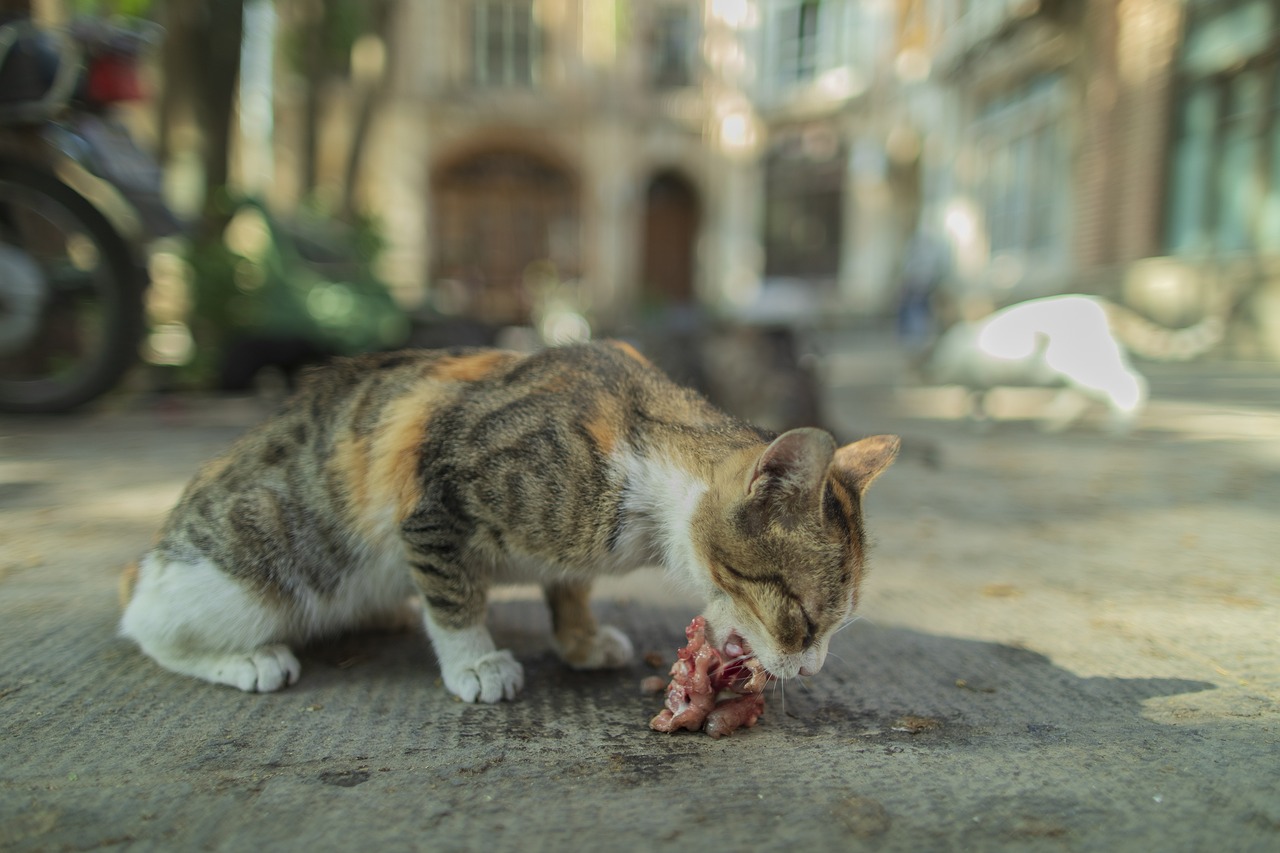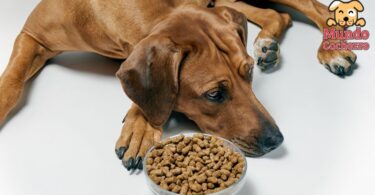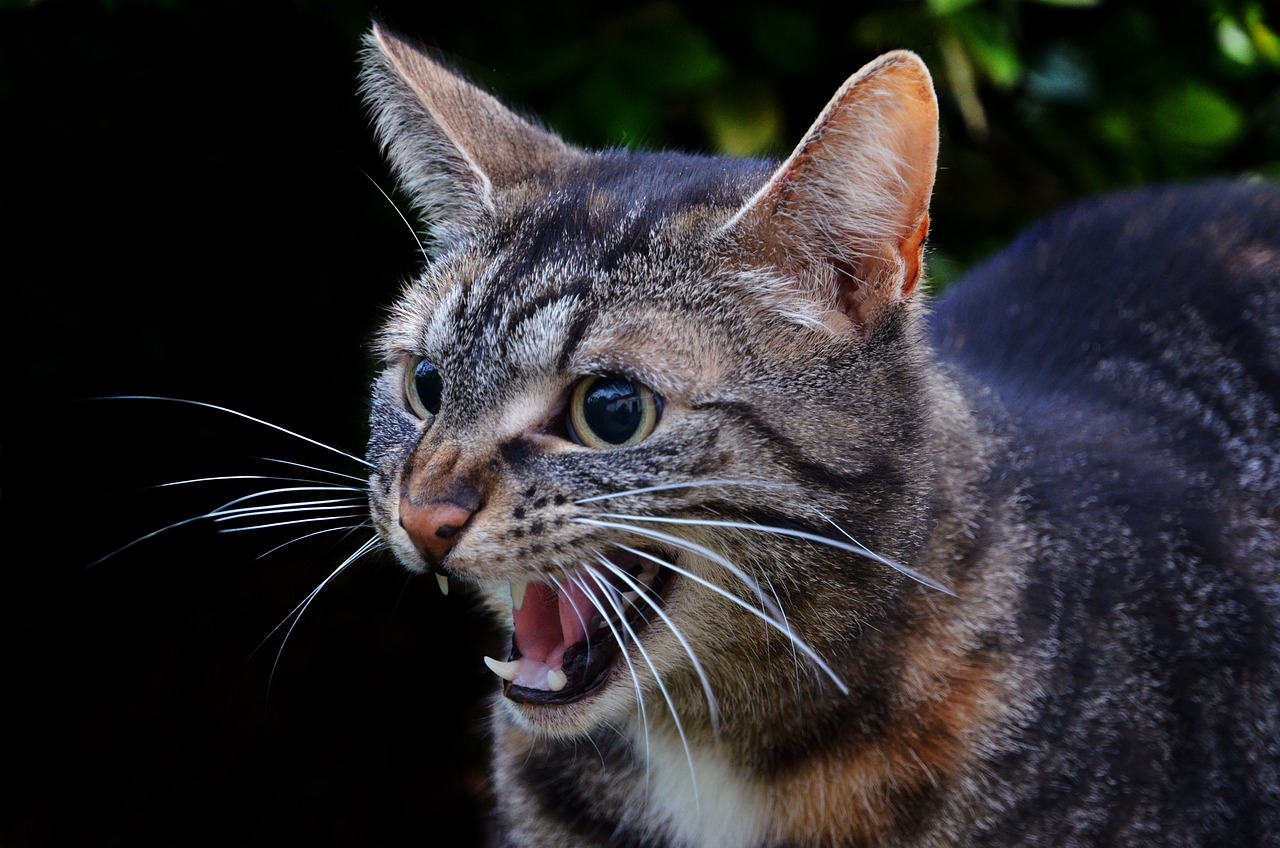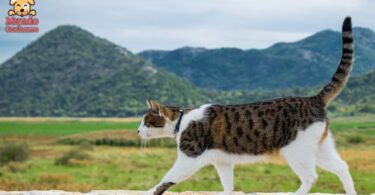Cats, known for their carnivorous nature, often raise questions about their diet and the foods they should eat. One of the topics of curiosity is whether cats can or should eat foods with bones in them. Although bones can be beneficial in some cases, it is critical to understand the risks and precautions associated with this type of diet. Read on and find out more.
Why give bone meals to your kitty?
Cats are natural predators and their anatomy and physiology are adapted to a diet rich in animal proteins. Bones are an integral part of your wild diet, providing not only essential nutrients, but also a source of calcium and phosphorus, which are essential for bone health.
But, the reality is that while raw bones may be safe and beneficial for cats, cooked bones present significant risks. Cooking the bones changes their texture, making them more prone to splintering. Sharp fragments can cause internal damage, perforating the gastrointestinal tract and leading to serious complications. For this reason, it is crucial to avoid giving cats cooked bones from chicken, turkey or other meats.
If you decide to include bones in your cat’s diet, it is preferable that they are raw and large to avoid choking risks. Raw bones can act as a natural tool to clean your cat’s teeth and gums, helping to prevent dental problems and bad breath. In addition, the chewing process can satisfy the hunting instinct and provide mental enrichment.
On the other hand, if you are already determined to incorporate raw bones into your cat’s diet, do so in appropriate proportions and in the form of meat on the bone, such as chicken wings or chicken necks. The meat around the bone is easily digestible and provides essential nutrients. Be sure to gradually introduce them into the diet to observe any adverse reactions and consult with your veterinarian to ensure you are providing the right amount.
Nutritional alternatives
If you prefer not to feed bone meal to your cat, there are nutritious alternatives that can offer similar benefits. Commercial foods specifically designed for cats usually contain the nutrients necessary for a balanced diet. In addition, some chew toys and dental treats can help maintain dental health without the risks associated with bones.
Before making significant changes to your cat’s diet, it is essential to consult with your veterinarian. Each cat is unique and may have specific dietary needs. Your veterinarian can provide guidance on the amount and type of bones that would be appropriate for your pet’s health and well-being.
In summary, cats can consume foods with bones, but with certain precautions. Raw bones, in proper proportions, can be beneficial to your dental health and provide essential nutrients. However, it is crucial to avoid cooked bones, as they pose significant risks. Consultation with a veterinarian is essential to ensure that your cat’s diet meets its individual needs and suits its overall health. By understanding the risks and precautions, you can provide your cat with a balanced diet that will promote its well-being and keep it healthy throughout its life.
Image courtesy of https://pixabay.com, all rights reserved.








